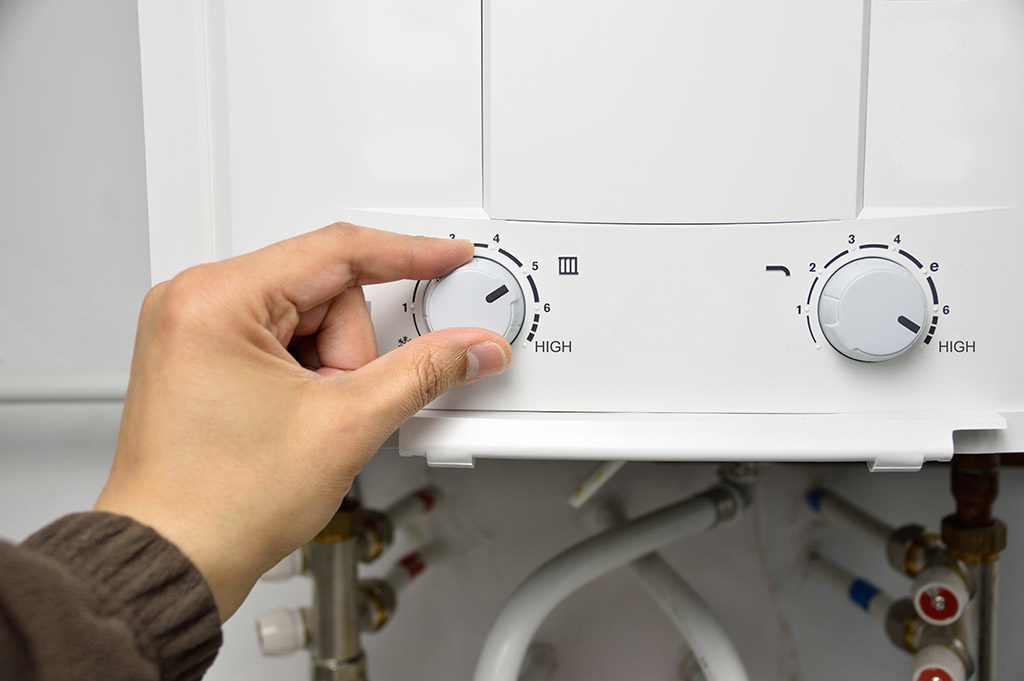We have encountered this post pertaining to Is Your Water Heater Leaking? directly below on the net and believe it made good sense to relate it with you on this page.

A water heater is among one of the most essential fundamental appliances that can be located in a home. With water heaters, you don't need to undergo the tension of heating water by hand every single time there is a requirement to wash, do the laundry, or the recipes. There is constantly a possibility that your water heating unit would certainly act up as with most mechanical tools.
It is important to note any little malfunction and also tackle it swiftly prior to points get out of hand. A lot of times, your hot water heater begins to malfunction when there is a build-up of debris as a result of constant use. As a preventative measure, routine flushing of your hot water heater is recommended to avoid sediment buildup as well as stop useful failure.
Typical water heater emergencies and just how to handle them
Leaky hot water heater storage tank.
A leaking storage tank could be an indication of deterioration. It could trigger damages to the floor, wall surface and electric devices around it. You might even be at threat of having your house flooded. In this circumstance, you must turn off your hot water heater, permit it to cool down, as well as meticulously look for the source of the trouble. Sometimes, all you require to do is to tighten a couple of screws or pipe connections in cases of small leakages. However if this doesn't function and also the leak lingers, you may need to utilize the solutions of a service technician for an appropriate substitute.
Varying water temperature.
Your water heating unit might start generating water of different temperatures generally ice scalding or cold hot. There might be a demand to replace either the thermostat or the heating device of your water heating system.
Too little warm water
It may be that the water heating unit can not sustain the hot water need for your house. You might upgrade your water heating unit to one with a bigger capacity.
Stained or stinky water
When this occurs, you require to recognize if the problem is from the water or the container source. If there is no amusing odor when you run cold water, after that you are specific that it is your water heater that is damaged. The smelly water can be caused by corrosion or the build-up of bacteria or sediments in the water heater storage tank.
Final thought
Some home owners overlook little warning as well as minor faults in their water heater device. This only causes more damage as well as a possible total failure of your appliance. You ought to take care of your hot water heater faults as quickly as they come near avoid even more costs and also unneeded emergency difficulties.
With water heaters, you don't require to go with the anxiety of home heating water manually every time there is a need to take a bathroom, do the laundry, or the meals. Your water heater could begin generating water of various temperatures generally ice cool or hot hot. It might be that the water heating unit can't sustain the hot water demand for your house. If there is no amusing smell when you run cold water, then you are certain that it is your water heater that is faulty. The stinky water can be triggered by corrosion or the accumulation of microorganisms or sediments in the water heating system tank.
Common Water Heater Issues and What You Should Do
What Type of Water Heater Do You Have?
Before we begin it’s first important that you identify the type of water heater you have on your property. There are two main types of water heaters out there: conventional and high efficiency.
Both of these types of products typically use either gas or electricity to heat power. There are also solar water heaters that use a thermal collector on the roof or yard to heat the water.
While these models are not as common, they can cut heating costs in half. In this article, we will focus on conventional and high efficiency.
How Do My Electric and Gas Water Heater Work?
Though they look similar, electric and gas water heaters work very differently. It’s important to know their basic function because often problems can be specific to the heating source.
In the electric model, a thermostat on the side of the machine detects the temperature of the water in the tank. When the temperature needs to rise electricity flows to a heating element suspended in the water.
Gas models also use a thermostat device — typically with a mercury sensor at the tip and an additional sensor called a thermocouple. The thermocouple detects whether the pilot light is on and controls the flow of gas.
When the thermostat drops below the appropriate level gas is released which becomes ignited by the pilot light. The flame heats the bottom of the water tank which causes hot water to rise and cold water to drop.
This natural circulation continues until the water reaches the desired temperature. Then, the thermostat triggers the gas control valve to shut off the flow of gas.
What Are the Most Common Issues and How Do You Fix Them?
https://happyhiller.com/blog/common-water-heater-issues-and-what-you-should-do/

I was shown that article on Warning Signs You Need Water Heater Repairs through a friend on another blog. I beg you take a moment to promote this content if you enjoyed reading it. We value reading our article about The Importance of Water Heater Maintenance.
Save time, call now!